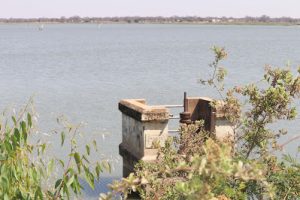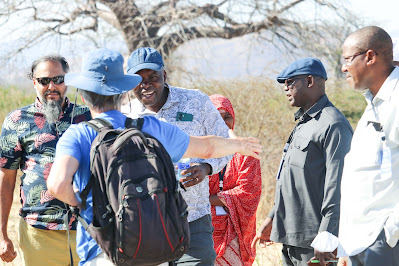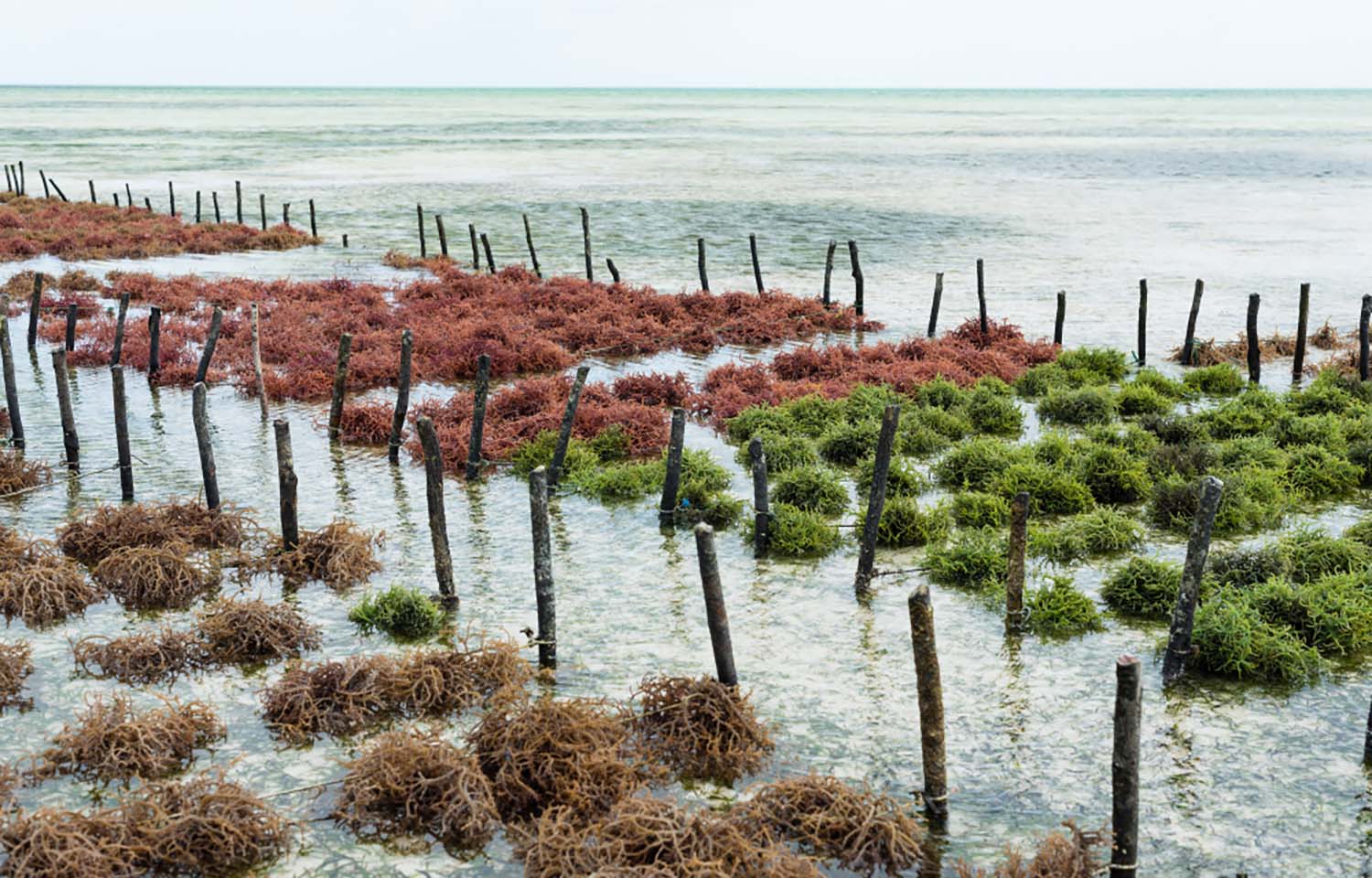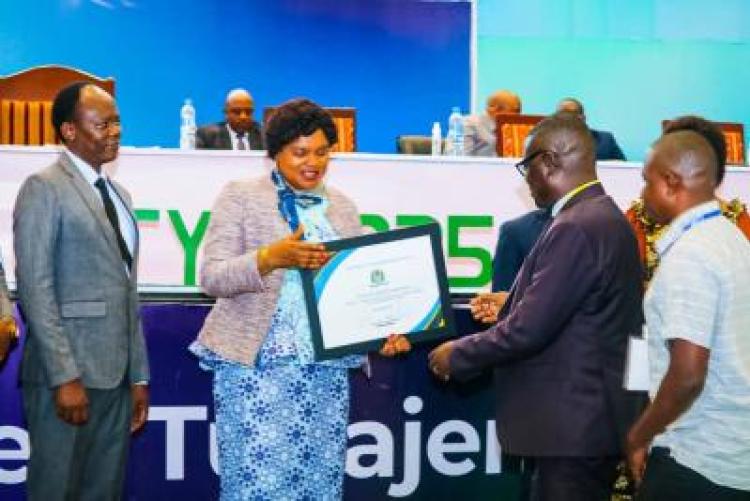On July 23, 2024, from 2:00 AM to 1:00 PM, leaders, the main sponsor, and stakeholders of the Climate Adaptation and Resilience in Tropical Drylands (CLARITY) project convened in Dodoma for the first conference aimed at discussing the ongoing research trends in the project.

To facilitate discussions on this research, the project team visited the project site in Hombolo and met with farmers and residents to talk about the challenges they face regarding water access. They also observed salt production activities in Nzuguni Ward, Mahomanyika Street, and visited the Makutupora wells, which are significantly used to supply water to the residents of Dodoma.

During the visit, the Chief Project Leader for Tanzania, Prof. Japhet Kashaigili, who is also the Director of the Directorate of Postgraduate Studies, Research, Technology Transfer, and Consultancy at Sokoine University of Agriculture (SUA), mentioned that they visited the Hombolo dam, which receives water from Makutupora, to assess the activities happening at the dam.”We have also come here to learn from the farmers and the community at large, as well as to evaluate the water pathways and their infrastructure. This has been a good opportunity for people to see the benefits of what we are doing for the involved community. We have identified challenges that require research solutions and observed how the farms are cultivated, the infrastructure in use, and its condition. We have discussed and will continue to discuss what we have seen,” said Prof. Kashaigili.

Regarding the Makutupora Valley, which is a major water source for Dodoma, Prof. Kashaigili emphasized its importance and noted that the project has wells under monitoring, hence the visit aimed to establish relationships between water trends, geology, and how they relate to water rivers. Researcher Dr. Joseph Kangile from SUA explained that the visit to Mahomanyika Street in Nzuguni, where women are engaged in salt production, aimed to observe how this community is involved in salt production to better plan for dam construction, ensuring that the water obtained does not have excessive salt that could hinder its domestic use.

The Chairperson of the Mahomanyika Street Government, Mr. Ernest Kutona, expressed his happiness with the CLARITY researchers visiting the area to witness the long-standing salt production activities by women over the past 40 years. He urged the government to improve the conditions for these women, as this work has been enhancing their income and enabling them to sustain their families.

Ms. Vise Ndiamo, one of the women involved in salt production, stated that this work has significantly helped her meet her needs, especially as a widow, allowing her to educate and support her family. The CLARITY team also visited the offices of the Dodoma Urban Water Supply and Sanitation Authority (DUWASA) to learn how the existing wells in the area supply water to Dodoma residents. They met with Engineer Peter Shemelekwa, Acting Manager of Production and Water Distribution at DUWASA, who stated that 97% of the water used in Dodoma originates from the Makutupora valley.

Discussing the CLARITY project and its benefits, the engineer mentioned that the project is participatory, providing a platform to collectively discuss existing challenges and how to address them. Thus, the project will enhance water production levels and ensure environmental sustainability for future generations.The CLARITY project, which spans three years and six months, is implemented by Sokoine University of Agriculture (SUA) in collaboration with WELL Labs (IFMR Krea University, India) and research institutions in the UK (UCL, IDS Sussex, UoS, Cardiff University, British Geological Survey), Niger (Abdou Moumouni University), and Nigeria (University of Maiduguri).

Additionally, the CLARITY project is funded by the International Development Research Centre (IDRC Canada), the Foreign, Commonwealth & Development Office (FCDO, UK) under the Climate Resilience and Adaptation (CLARE) program.




